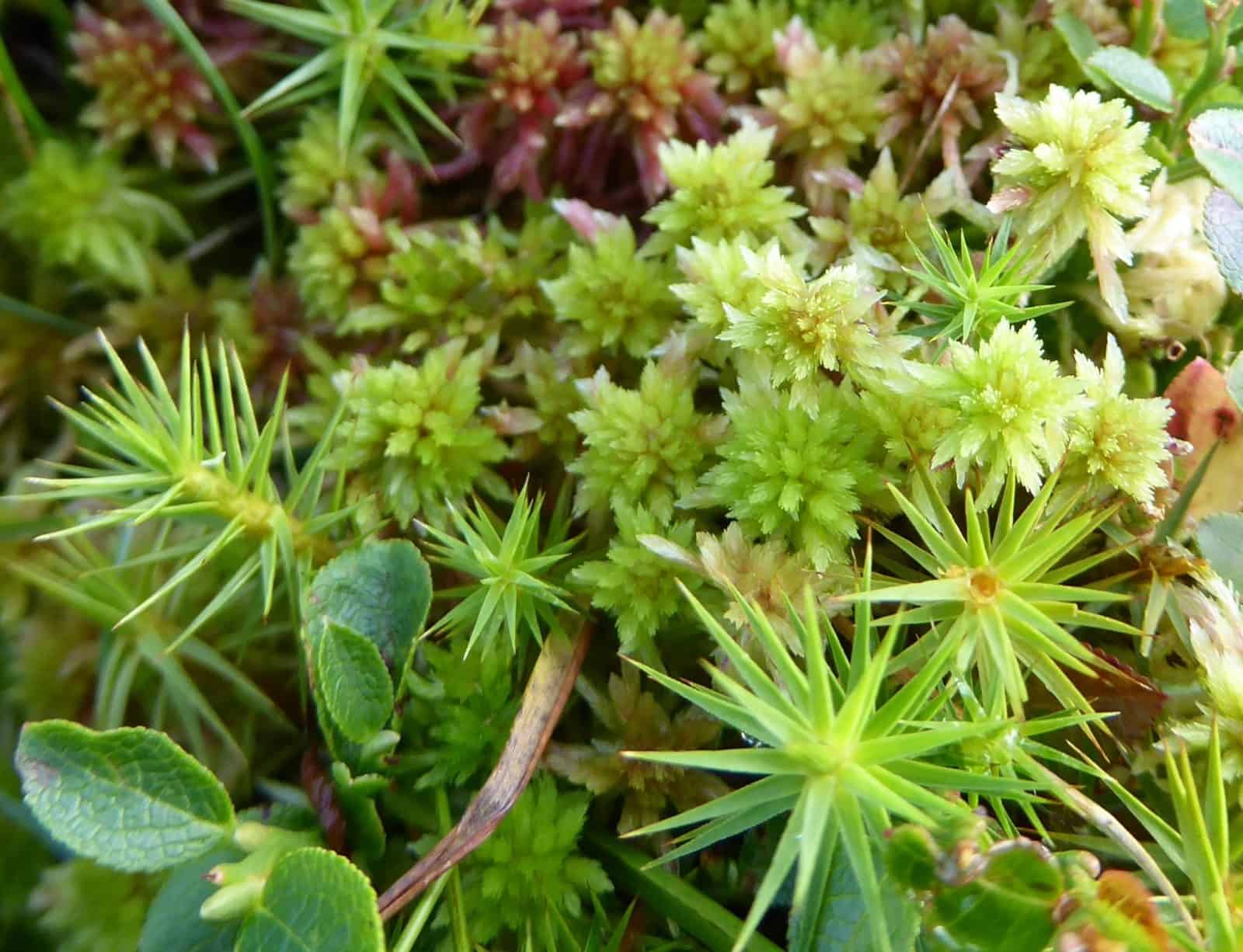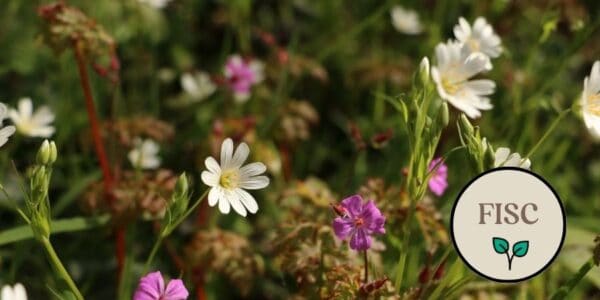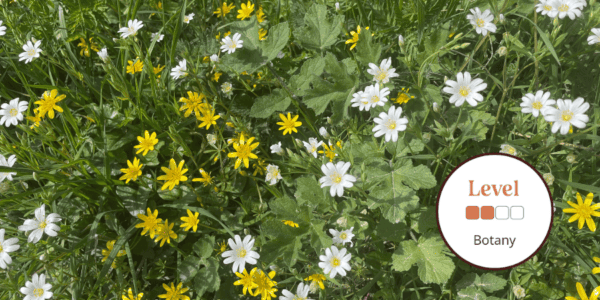This intermediate course will introduce a plethora of habitats, all falling under the umbrella of ‘mire’.
Bogs and marshes are among the richest of habitats and both are examples of mires, home to specific plants adapted to grow in the often very harsh environmental conditions. You will spend time exploring the ecology of these unique habitats and the rich botanical assemblages that can be found there!
This course will cover:
- The definition of a mire
- The different types of mire, for example soakaways and flushes
- How mires can be acidic or basic in nature
- The difference between a wet heath and a mire
- Appreciation of the biodiverse richness of mires
- The use of Ellenberg values in determining whether a species will flourish in a given mire
- How plants have evolved to adapt to these often, extreme environments
- The plant families you would expect to find in mire habitats
- How mires demonstrate ecological processes and ecosystem services: improving water quality, capturing carbon and alleviating flooding.
- The environmental threats to mires and possible solutions to reduce these
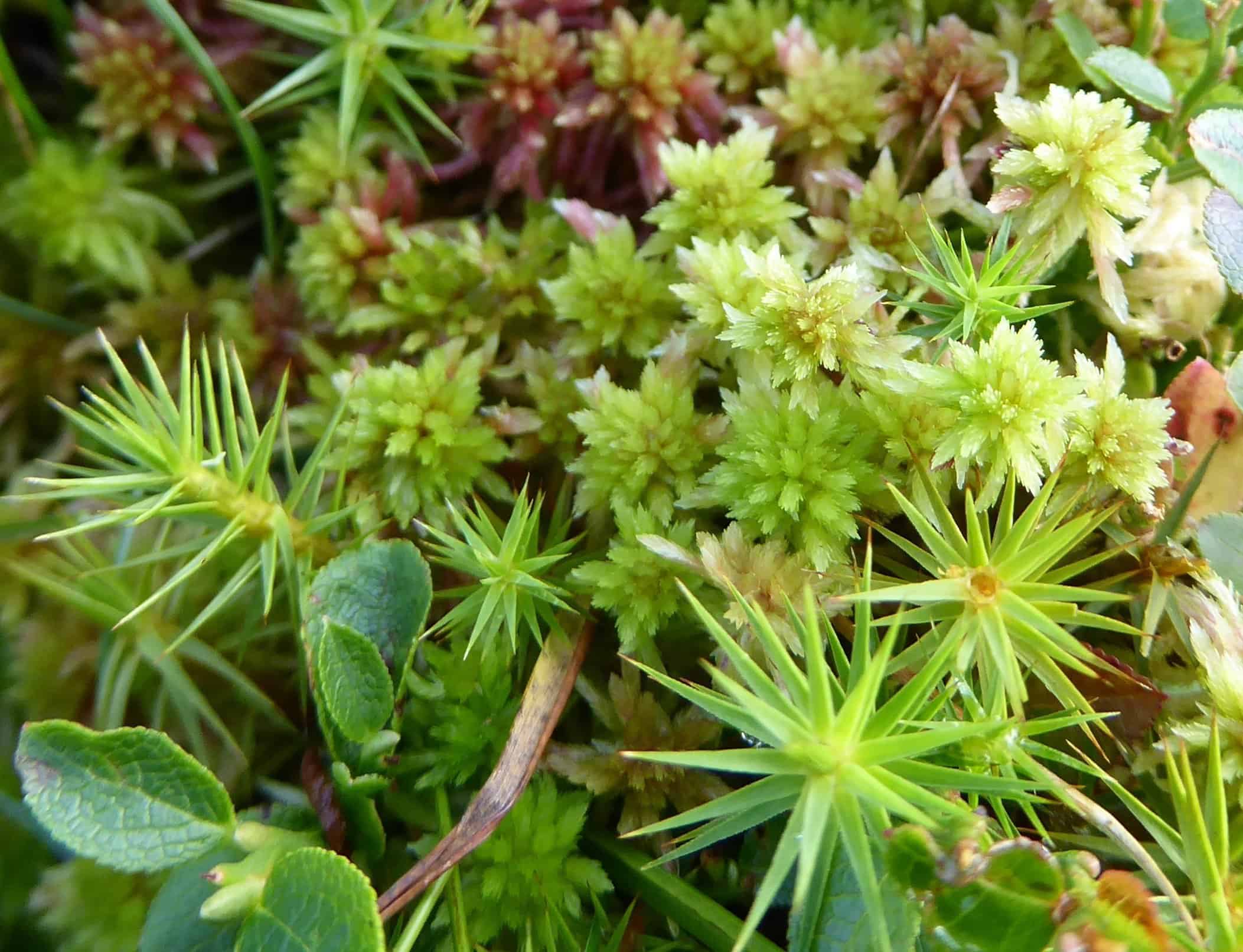
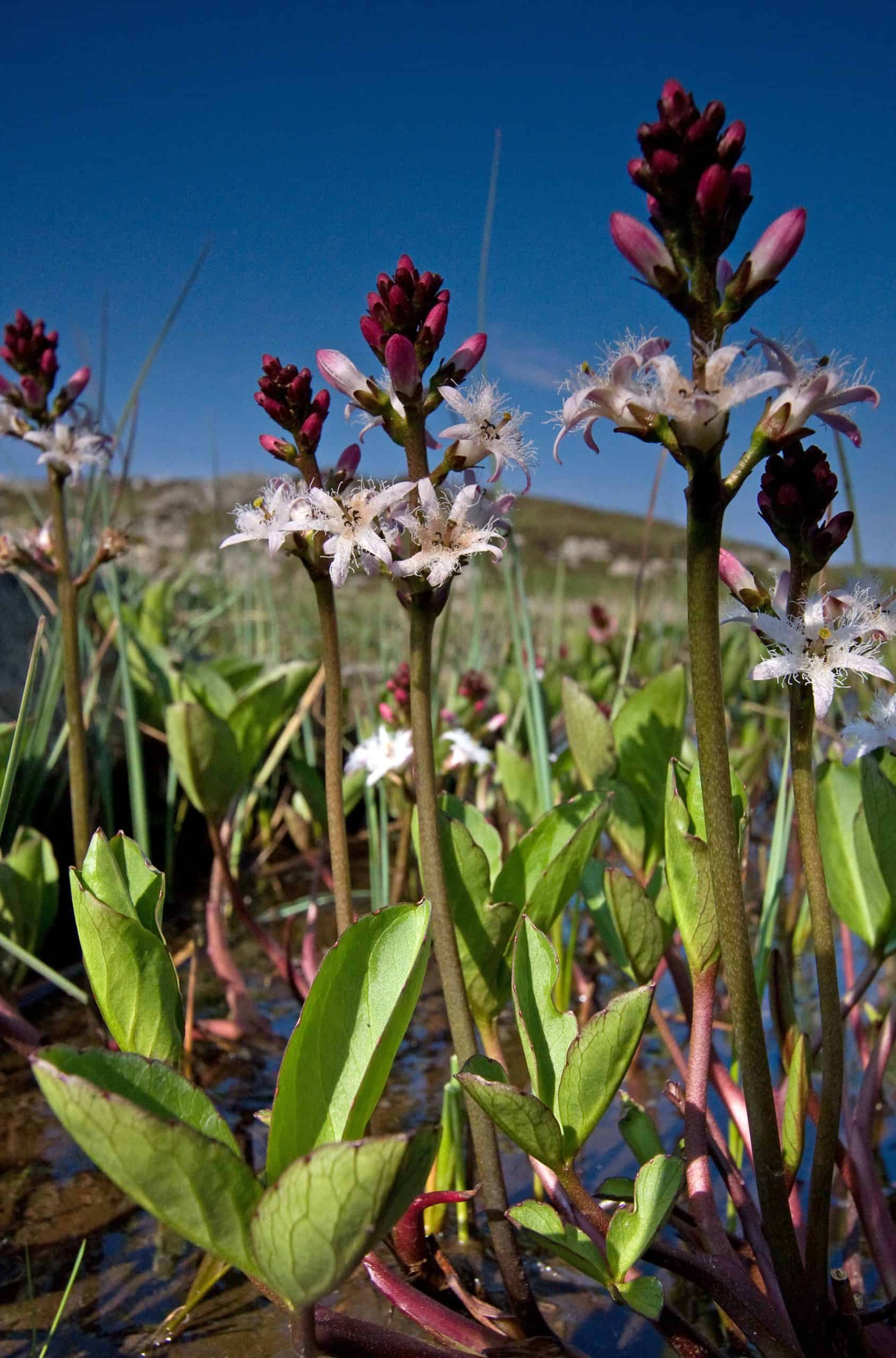
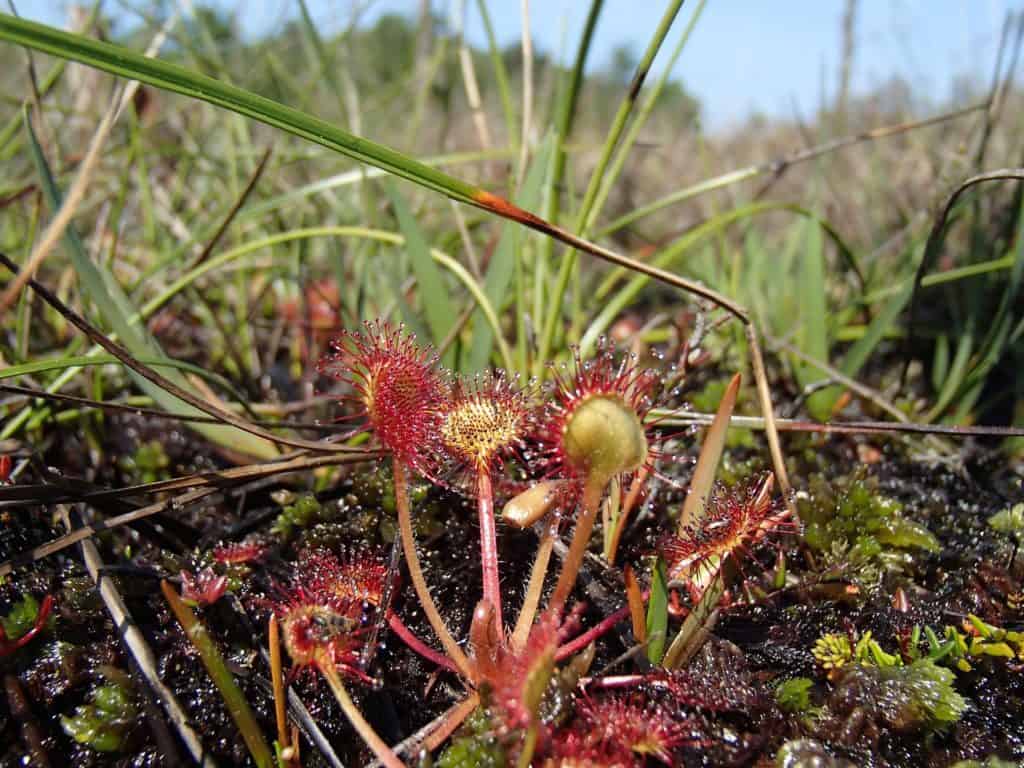
Read More
Mires are wetlands supporting vegetation that is normally peat-forming and in all examples, the ground is permanently or periodically waterlogged by high atmospheric humidity, a high water table, or by lateral water flow. Often, different mire types are found together, forming intimate mosaics at a single site. Mires are home to numerous sedge species along with different grasses, rushes and bryophytes. Specialists include the carnivorous sundews and butterworts which cope with the often very low nutrient status of the soils. Other mires may be fed by upwellings of calcium-rich water and can sport rarities like Epipactis helleborine, the Marsh Helleborine.
By the end of this course, you will be able to:
- Define the term mire
- Give several examples of mires and understand the differences between them
- Explain how some mires are acidic whereas others are basic in nature
- Explain the difference between a wet heath and a mire
- Explain how mires can be such diverse habitats
- Give examples of the ingenious ways in which some plants have adapted to survive in extreme environments like acidic peat bogs
- List 10 plant families that you would expect to find in a given mire
- Give examples of how mires can provide ecosystem services and explain how
- List the environmental threats to mires and how these can be reduced
Who should attend? – The course is for both interest groups and those wishing to hone their botanical skills and/or progress their careers.
Knowledge level – Intermediate. Level descriptors can be found on the following webpage: Framework and Course Level Descriptors
Prior knowledge – It always helps to have some species identification background on a course like this where so many plants will be seen in one day. These may include the more difficult groups of rushes, sedges, grasses and bryophytes.
PLEASE NOTE: There is no accommodation, refreshments, or meal facilities provided with this course. Refreshments (tea and coffee) will be available. If we are unable to reach viable numbers for this course, we will inform you of the course cancellation 4-5 weeks prior to the course run. We would recommend when purchasing accommodation and/or travel you should take out your own insurance.
Bookings will close if course capacity is reached.
Please email [email protected] if you have any questions.
About the Tutor
Fiona Gomersall
Fiona Gomersall is a trained biology teacher and skilled field botanist. She is employed as an Ecologist with the Elan Valley Trust, Rhayader, Mid-Wales.
Example Timetable
Example Timetable
This timetable is subject to change but should give a clear outline of what to expect.
- Please arrive in time for the course to start promptly at 10:00
- The course will end at 17:00
The plan is to have classroom time of around 1.5 hours followed by a visit to Fenn’s Whixall Moss, a raised bog where ecological processes will be discussed and numerous species identified. Grasses, rushes and sedges will be important here along with bryophytes and the more colourful of the flowering plants.
Please note accommodation and an evening meal are not included.
What's Included
The course has been carefully created by expert tutors and educators to help you build your knowledge and apply it within the field surrounded by like-minded individuals.
The course includes:
- Classroom learning covering the theory of the species
- Field excursions to apply new knowledge
- Expert tuition for which the Field Studies Council is renowned
- Clear objectives and progression
- Refreshments (tea and coffee)
You can rest assured that the absolute best content from an expert in environmental education will be provided. In choosing a Field Studies Council course, you will be joining thousands of people who learn with us each year.
Bursaries and Subsidies
Student Discount
This course is eligible for a student discount. If you are a current student, please use discount code BioStudent20 at checkout for 20% off all Biodiversity courses.
Natural History Bursaries
There are a number of natural history bursaries available to help with the cost of your course. To find out if you and your chosen course are eligible, read more here.
Before You Attend
What to bring
- Notebook and pencil
- Lunch and refreshments
- x 10 or x 20 hand lenses (if owned)
- Sensible footwear and clothing for being outdoors
- Small bag to carry personal items
Mandatory Literature
Please purchase these publications before attending this course:
- Field Studies Council Sphagnum mosses guide
- Phase 1 survey guide: Heaths and mires
- Sphagnum Mosses AIDGAP
- Grasses Vegetative AIDGAP (recommended but not essential)
There will be a member of staff with first aid training and access to a first aid kit on site. If you have special medical or access requirements, please let us know as soon as possible so we can plan the course.
Opportunities to attend this course
-
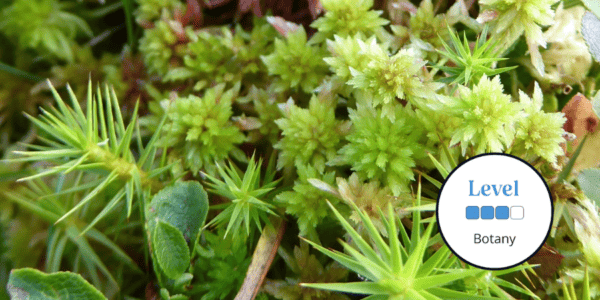
Sat 27, July 2024 10:00 - 17:00
If you would like to book accommodation, lunch and an evening meal at Preston Montford Centre, please email [email protected]. Please note the Centre may not be able to guarantee accommodation and meals during this course.
Sorry this course is out of stock
No current dates for this course? Click here to view all the upcoming Natural History courses.
Progress Your Learning
This is a training course from the Field Studies Council, delivered by expert tutors with an approachable learning style. After attending this course, you may like to progress your learning with further relevant courses or branch out into other areas of natural history. The Field Studies Council offers both online and in-person courses, so you can choose the learning style that suits you best.
The course gives you the opportunity to immerse yourself in a new subject and acquire novel skills. Our online portal gives you time to study at your own pace and fit the lessons around your own schedule.
If you have any questions about our courses please check our Frequently Asked Questions or email [email protected].
Group Bookings Made Easy
If you have a group of 10 or more individuals wanting to complete one of our courses, our team are available to discuss your options – from discounts to private team courses. Find out more!
You can rest assured that the absolute best content from an expert in environmental education will be at your fingertips. In choosing a Field Studies Council course, you will be joining thousands of people who learn with us each year.

